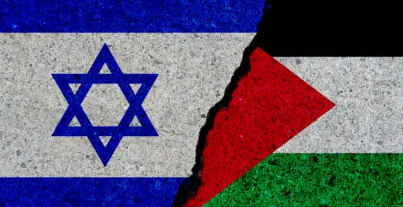The Israel-Palestine conflict remains a deeply entrenched and argumentative issue that has sparked emotional views on all sides. Advocates for Israel often emphasize the nation’s right to exist in the historically significant land, citing security concerns and historical connections. They highlight Israel’s democratic values and technological advancements as crucial components of its identity.
On the other hand, supporters of Palestine emphasize the historical displacement of Palestinians and the ongoing challenges faced by those living in the West Bank and Gaza Strip. They argue for the recognition of Palestinian statehood, citing the importance of self-determination and the need for a fair resolution that addresses the root causes of the conflict.
Critics of Israel’s policies often point to issues such as settlement expansion in the West Bank, restrictions on the movement of Palestinians, and the impact of the security barrier on daily life. On the Palestinian side, criticism is directed towards factions like Hamas, accused of using violence against civilians.
International perspectives on the conflict vary, with some nations supporting Israel’s right to defend itself and others advocating for a two-state solution and an end to what they perceive as the occupation of Palestinian territories. The complex nature of the Israel-Palestine conflict requires a nuanced understanding, acknowledging the legitimate concerns and aspirations of both Israelis and Palestinians, and fostering an environment conducive to dialogue and peace negotiations.




